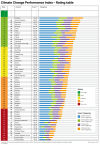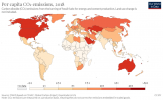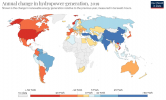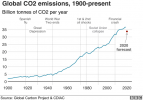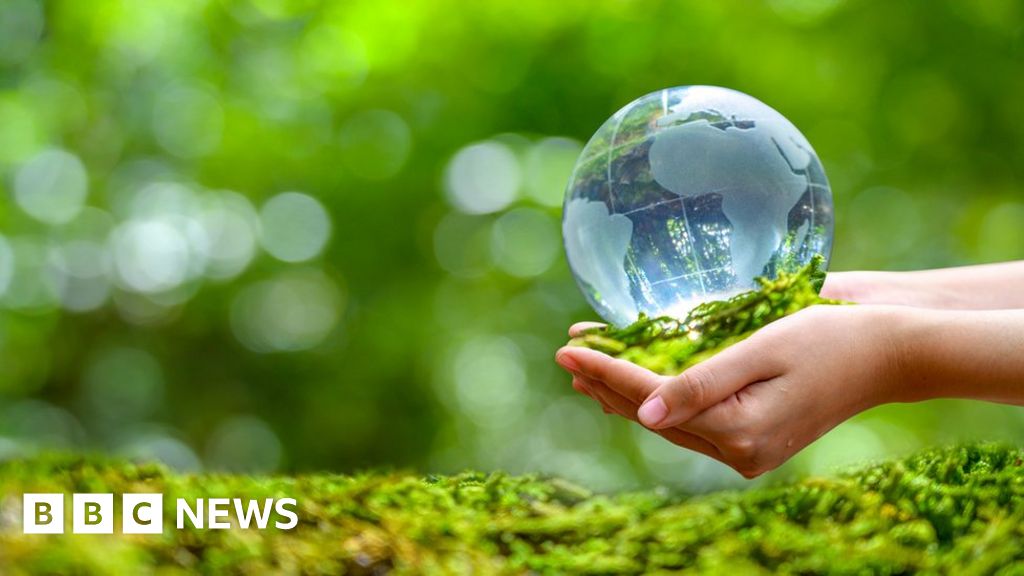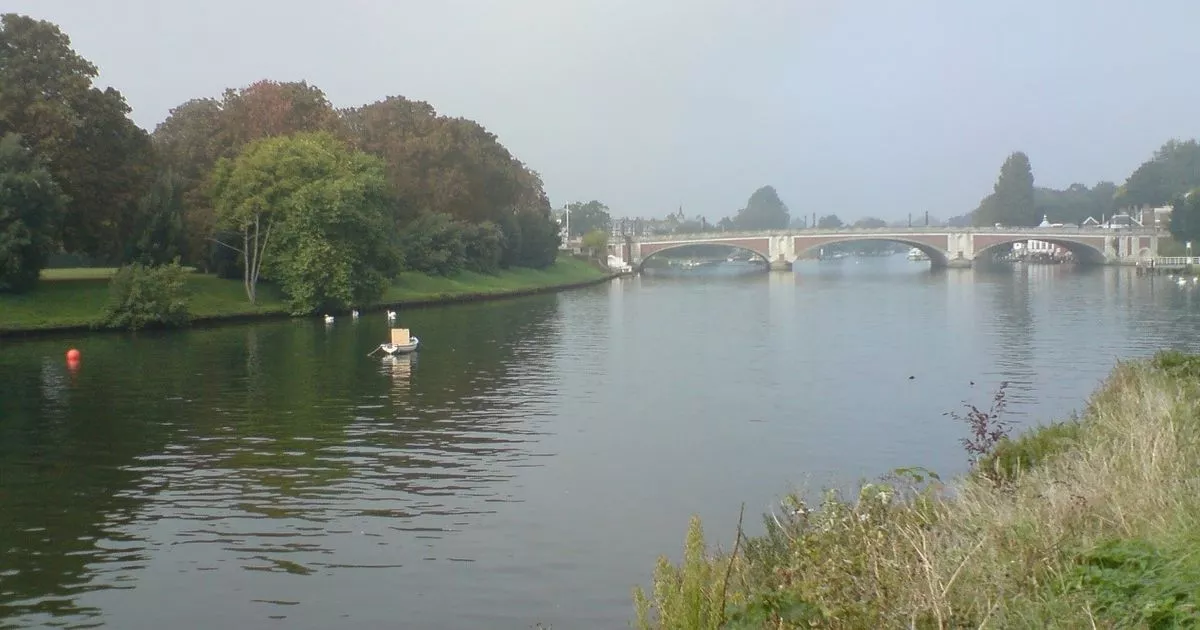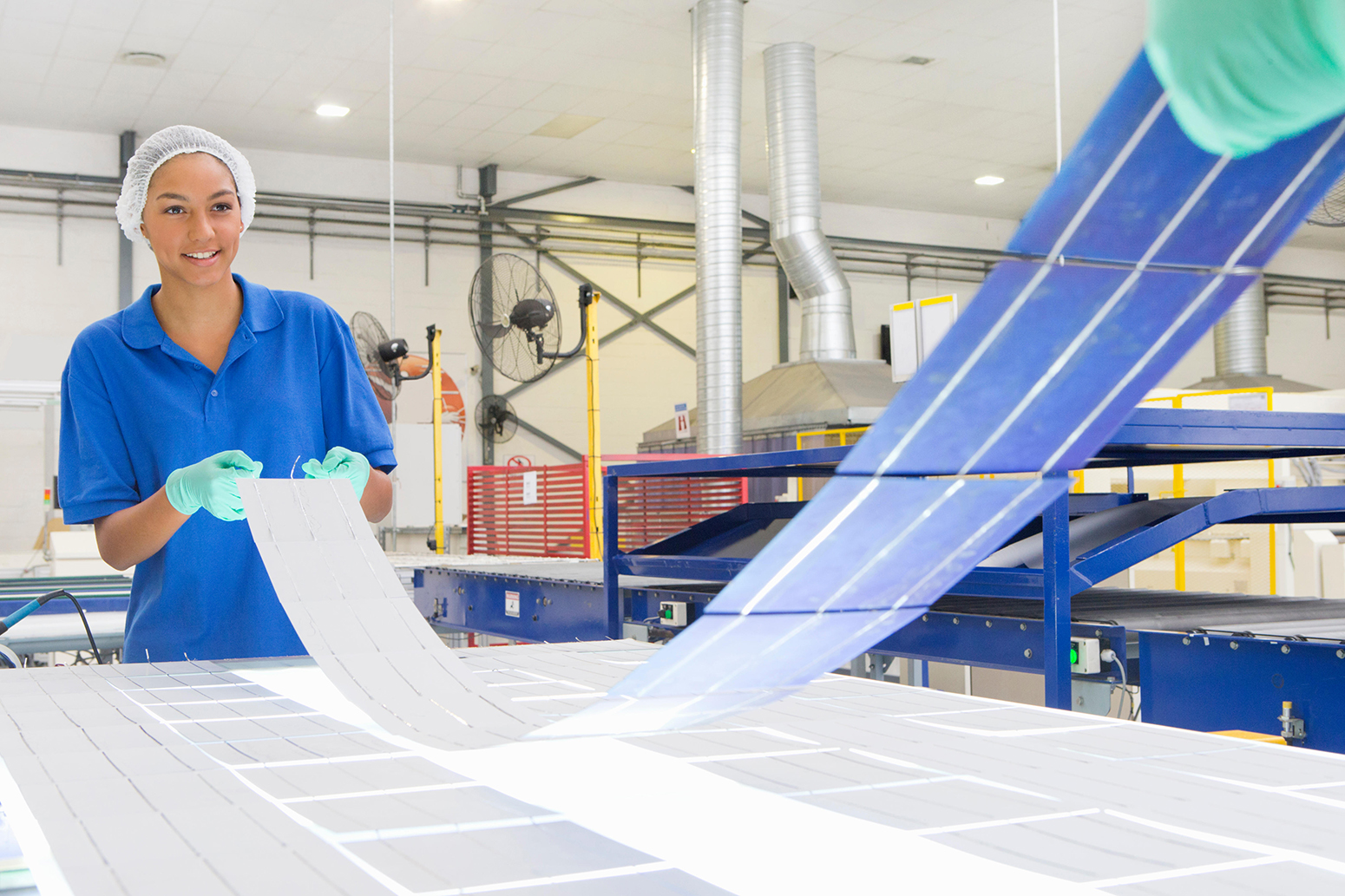Denmark boast to be a front runner on this, and i have no words for that, but i am wondering why we should push ahead so aggressive when no other country do so too, i mean it is not like the nice clean air will stay here in Denmark.
I think that has been the biggest problem to actually making progress, every country leaves it to someone else to do the research and development. The few that do should get rewarded through things like the patent system, but that really isn't going to work well.
It is true that Denmark and UK are well ahead in the wind energy business, we started in the 1980s so 40 years ahead, and while others will copy our work, we will see some advantage, and over time we may well see more advantage than others get from the oil business today. Once fossil fuel is banned, any form of energy will be highly valuable, and UK and Denmark will be exporting large quantities of wind energy in the form of green hydrogen for transportation and shipping / green aviation fuel to run the worlds airlines / green fertiliser for turning agriculture net zero / green electricity for domestic and industrial use across Europe, etc.
On a serious note, the changes we need to implement are probably bigger and more expensive than people like, or at least that is what people think.
Denmark's electricity may currently be expensive, but onshore wind is now the cheapest source of power, and offshore wind must be about to overtake it and become the cheapest. Denmark and UK both have commitments to pay expensive prices for wind power from the first wind farms, that is just the cost of our investment in the technology, but the size of those early expensive wind farms is going to become insignificant as we build bigger and bigger wind turbines and farms. Just 1 new offshore turbine today generates about 16x the power of our first commercial wind farm, that wind farm is still running and its electricity is expensive, but it is also insignificant.
And they are pushing for electric heating in homes now, which i have a hard time seeing how that can be cheaper for people, and the electric cars, well when you charge at those KWh prices we have, that got to be much less of a insensitive for people.
Given that wind energy from the next generation wind farms will be cheaper than any other form of energy, heating homes with electricity becomes sensible, it will be the cheap way to do it. It is not difficult, you can buy an electric heater for $10. Yes, a heat pump will normally use less power, but saving small amounts of power is maybe not necessary if the power is cheap and there is plenty of it and it is net zero carbon. The electric cars will also be cheaper to run than fossil fueled cars, they already are here, apart from the purchase price which will inevitably drop; why would you buy anything else? The same goes for everything that uses power, we might not be there yet, but net zero electricity from wind is going to be our cheapest power source, even without any subsidies or incentives to use it.
Same with the people that live in a major town and have a 15 minute commute to their work in one of their 3 cars, well no chance in hell you will ever get those over into public transportation.
No need to move to public transportation, decent electric cars for 15 minute commuting are already available and we have green electricity to power them, we still need to transform the steel and other industries that build them to use green electricity instead of coal etc, but that can be done easily as the wind farms multiply exponentially.
but i am wondering why we should push ahead so aggressive when no other country do so too,
The other countries will be forced to do so, things like the EU carbon border tax will force them. Most of the big co2 emitting countries have already agreed to do so even though they have been doing little about it until now, but now real action is necessary.
The big problem is that those other countries have not developed the necessary technology, in the UK we have developed offshore wind power with the help of our friends in Denmark and Norway, we have a route to huge amounts of cheap green energy, far more than we currently use. The other countries assume they can copy us, but look at a map of where the world's winds are located and you soon realise that the windiest place in the world is the UK, our wind power is cheap, in other places around the world wind power is always going to be more expensive, far more expensive in most places, and there other technologies would be more appropriate except they haven't been developed yet. Solar power for the sunny places, but that is still a lot more expensive than wind and many places don't have much sun. For places like New Zealand hydro power works well, but most places don't have enough water, certainly not enough water for huge expansion over current output. If you want to make net zero aviation fuel then you will be heading to the North sea between UK, Norway and Denmark because that will be the cheapest place to make it unless there are some major unexpected developments in other power sources.
So the answer to your question about why we should push ahead, is that we want to ensure that we stop the rise in temperature before it has such a big effect on climate that we lose our winds and thus our status as the source of the world's cheapest green power exports.
It's a fascinating but complex subject, one that humans are completely ill-equipped to recognise intuitively. This pandemic is a cakewalk in comparison to what humans face past mid-century.
We have solved the pandemic in less than a year, we now have a choice of vaccines. OK, there is an issue with manufacturing capacity, but the problem is solved and deaths from the virus will be eliminated probably within a couple of years.
Yes climate change is a much bigger issue, but the answer is simple, all that is needed is to stop burning fossil fuels and use net zero fertilizer for crops. We already have the knowledge to be able to do it, the world just needs to act urgently, and the biggest CO2 emitters most urgently, USA has the highest CO2 output per person, it can't stay at the bottom of the list.
I can't see that halving total emissions by 2030 will keep us under 1.5°C. We'll likely reach 1.5 by 2030 anyway (with a pre-industrial datum) and will still have a continuing climb in temperature for 10+ years afterwards even if emissions were net zero.
We really need a massive change in our lifestyle expectations as global citizens.
Yes, nobody now knows what is going to happen, it is becoming too unpredictable as we move away from the comfort zone. And a massive change takes time, and there are only 9 years left until the 2030 deadline! The UK's attempt to decarbonise our electricity shows that we have about halved the emissions in 8 years, suggests that 2030 is still a possibility for others, except that others have not prepared, new power stations can take decades to build.
UK electricity sources 2012 to 2020, steady progress towards net zero by 2030:
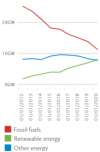
Wind is now our 2nd source of electricity after gas, overtaking nuclear last year, and currently new wind electricity is about quarter the price of new nuclear electricity and still getting cheaper.
